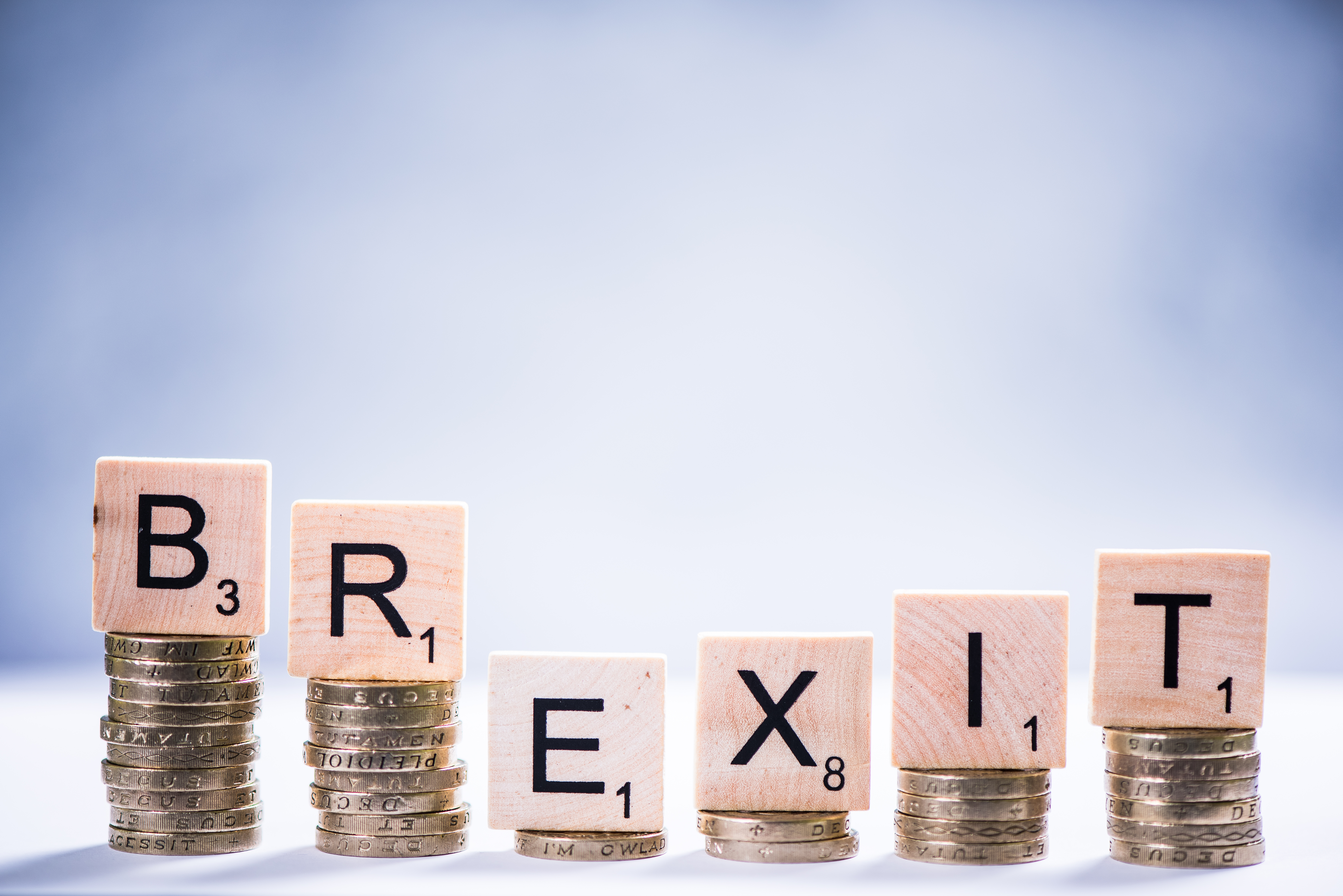
Welcome to the BPIF Brexit Bulletin, on day the UK formally leaves the European Union. However it will immediately enter an 11-month transition period, so we wanted to remind you of what happens today, during and after the transition period.
You can add colleagues to our mailing list by logging into the members' area of the BPIF website or contacting your Regional Director.
"Today marks a step towards more certain times, both for print and the economy more widely, but there is still a lot of work to do.
Tariff-free trade, regulatory alignment, and a migration system that welcomes the workers our industry needs are crucial.
But 11 months is an unusually short time to hammer out a trade deal. Going into 2021 on WTO terms - simply a new version of a No-Deal Brexit - would mark a huge disruption for the economy.
During the transition period, it's vital that Government listens to industry in order to reach a trading relationship with the EU that's best for business."
Charles Jarrold, CEO, BPIF
1. What happens on January 31/February 1?
Today is the Big Day, 34 months after Theresa May invoked Article 50 and began the withdrawal process.
The Department for Exiting the European Union will cease to exist, and responsibility for negotiations will fall to a centrally run unit known as ‘Taskforce Europe', sitting in the Cabinet Office and Number 10.
For business, there'll be little impact on February 1. After that, the Chancellor Sajid Javid has urged businesses to adjust to his intention that the UK would not be a ‘ruletaker' after Brexit. Brussels, on the other hand, is keen that the UK adhere to the ‘level playing field' of common rules in exchange for a duty-free, quota-free trade deal.
The Confederation of British Industry has supported them, saying that for many firms, keeping existing EU rules would support jobs.
2. Travelling in the EU during Transition
You'll still be able to travel to EU countries without needing a visa after Brexit, for up to 90 days, and without needing any additional documents. However, you should make sure you have more than six months left on your passport.
Driving in the EU
Chances are you might need some extra documents if you plan to drive in the EU. For Croatia, France and Italy you'll need an international driving permit. You can get these from the Post Office for £5.50. Take your driving licence along and it's a pretty quick process. If you're driving your own car you'll also need a ‘green card' - which proves you're insured - from your insurance company (request one at least a month before travelling). Finally, you'll need a GB car sticker on the back of your car - you can pick these up from Halfords for about £3. These new rules include driving in the Republic of Ireland.
Accessing healthcare in the EU
Brits are currently able to apply for a European Health Insurance Card (EHIC), meaning they can access state healthcare at a reduced cost, or even for free, in a fellow member state. This arrangement will continue to apply until the end of the Transition Period.
After that, healthcare access is one of the issues that will need to be discussed between the UK and EU as part of the negotiations.
Using a mobile phone in the EU
UK holidaymakers are currently able to use their minutes, texts and data in the EU without incurring extra charges, a perk that also applies to EU visitors in the UK.
That arrangement will continue until the Transition Period expires in December 2020. After that, it may expire in the EU and EEA countries so you should check with your mobile phone operator as to what charges you could be hit with. However, under UK law you'll be notified once you've spent £45 - to spend more, you'll need to opt in.
3. After the Transition Period?
The next phase of negotiations will be much broader in scope than the negotiations have needed to be so far. The big one is the UK and the EU's future economic relationship (most importantly, hammering out a free trade deal) security co-operation and data sharing. Usually, free trade deals take years, not months, to be agreed. At the same time the Northern Ireland protocol has to be implemented (to prevent a hard border in Ireland), new government functions and policies must be decided and the roles and responsibilities of new and existing public bodies must be organised. One idea floating around is that negotiators make agreements on a sector-by-sector basis.
The challenge for the Government will be to get all its new rules and policies in place by the end of this year. If the UK had left the EU as planned on 29 March 2019, there would have been around double the time now available to work through the transition. Instead there is just 11 months.
Can we take longer?
The Withdrawal Bill prohibits an extension of the Transition Period, a decision the Prime Minister has imposed on himself. But, with his majority, he could legislate to overturn this if he needs to. If there's no extension, yet a free trade deal hasn't been made by December 31, WTO terms will apply.
What then?
Unlike the prospect of a no-deal Brexit previously, this time citizens' rights would be protected and terms for trading goods in Ireland will have been agreed (thanks to the Withdrawal Act having been passed). But for businesses and for security co-operation, there'll be an impact similar to if we'd left without a deal in either March or October 2019.
For more on the Northern Ireland perspective, we've got a special article for you.
02 April 2020
Back to list
The BPIF is the printing industries champion. By becoming a member you join a diverse and influential community. We help you solve business problems, connect you to new customers and suppliers and make your voice heard in government.
01676 526030









